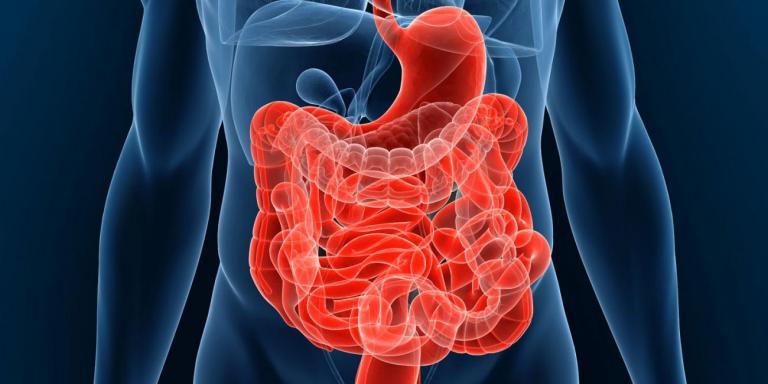Although medically it is considered “normal” to have a bowel movement every three days, it is healthy to have at least one daily.
Think about it: you would not want to put chewed-up food that has been sitting out on a 98-degree sidewalk for three days in your body. It would be rotten and toxic!
The same rules apply to your body (though your immune system and healthy gut bacteria buy you a bit more time).
The time the food goes in your mouth until the time it goes out the other end (called the “transit time”) should be 12 to 30 hours. This gives your body time to remove the nutrients, but gets the food residue out before it gets toxic.
To see what your transit time is, eat a can or ear of corn and see how long it takes for the yellow outer part of the corn kernels (not digestible) to come out the other end.
Treatment
-
General Diet Advice
-
Eat Fiber-Rich Foods for Regularity
If you are eating too little fiber, eat more veggies and whole grains. Start the day with a bowl of whole-grain cereal.
When choosing a high-fiber cereal, make sure it is one you enjoy. There’s no point in buying cereal that’s full of fiber if you aren’t going to eat it.
Make sure your cereal has over 5 grams (g) of fiber per serving and is not loaded with sugar.
-
Stay Hydrated to Keep Your System Flowing
Unless you want to try pushing out hard little rocks, you want to stay well hydrated.
Sodas and sugar will make the problem worse. Tea works and has a mild laxative effect to boot (drink real brewed tea — not the sugar-loaded soda pop they call tea often sold in bottles).
How much water is enough? Don’t count glasses of water, which would be an annoying way to spend the rest of your life. Instead, keep a glass of water on hand and check in with your mouth and lips every so often. If they are dry, you’re dehydrated and it's time to drink.
-
-
Recommended Supplements
For symptomatic relief, there are several natural laxatives that are healthy. Add foods with these to your diet, or supplement as needed.
-
Magnesium
The mineral magnesium draws water into your bowel, helping to loosen the stool. You can take up to 800 milligrams (mg) a day for a few days here and there, but used long term at this high dose it can make your bowel dependent on it. You can take 200-400 mg every day (this simply replaces what food processing takes out of the food) and your whole body will feel better.
-
Vitamin C
In doses over 500 mg, vitamin C can have a laxative effect. If taking over 2,000 mg a day, use a powdered and buffered vitamin C.
-
Vitamin B5
A cousin to Pantothenic acid (vitamin B5), Pantethine 500 mg 1-3x day directly stimulates bowel function. Pantethine (but not pantothenic acid) will also lower elevated cholesterol.
-
Thyroid Hormone
If your cholesterol is up and you’re constipated though, you deserve a trial of natural thyroid hormone as well.
-
-
Other Therapies & Advice
-
Check for Spastic Colon
This usually reflects a bowel infection (usually yeast but sometimes bacterial) that some doctors don’t recognize. When you treat the infection, the spastic colon/Irritable Bowel Syndrome often goes away.
-
Check for Low Thyroid
Find a holistic doctor who will consider treatment for low thyroid—even if your tests are normal. If you have fatigue, weight gain, and or cold intolerance with your constipation, you deserve a trial of natural thyroid hormone.
-
Check for Food Allergies
An excellent treatment for determining and eliminating allergies is an acupressure (no needles needed) technique called NAET http://www.naet.com/.
-
Chronic Laxative Use
Using laxatives too frequently can result in constipation. Reduce use.
-

